Inertia, while important in physics, isn’t especially helpful when one wants to start a new career after, say 15 or 20 years or more doing the same thing. The concept of inertia, commonly referred to as Newton’s first law, says, “An object at rest stays at rest and an object in motion stays in motion with the same speed and in the same direction unless acted upon by an unbalanced force.”
We all know people that have come before us who picked a career and hung on for dear life for 40 plus years. Hopefully, these are the truly passionate people who have found their life’s calling; or they’re especially good at concealing moderate discontent; or they’re miserable at their work and therefore miserable to be around.
But for the rest of us who got into one career for one reason or another then slowly start to feel themselves dying inside, change is the only way to go. Fighting inertia does take concerted effort, energy, and attention, but it can be worth it in the end.
Change can feel daunting, scary, and downright overwhelming. Whether you have to quit a job, sell a company, or go back to school, these feelings will be inevitable components, like a toddler who won’t let go of your leg and head into the preschool classroom.
When do you pull the plug? Will your spouse and parents approve? Will your friends think you’re crazy? Maybe. Probably. But the rewards in finding and following your passion can be worth more than any kind of financial gain. It’s possible that others will have noticed your discontent and perhaps will even cheer you on as you step into new territory.
Listening to Our Lives

I started out my career in public relations, after enjoying and completing a glorious English Literature degree. I wanted to get out of school fast, in order to get married. (I needed a full-time job as my finance wasn’t quite done with school yet.)
But as I look back, there are things I loved about studying literature that remain unmatched in anything else I’ve done. I also let my desire for songwriting and performing music die a slow death until years later, a church friend called me up out of the blue and offered me her upright piano.
Fast forward, ahem, 20 years or so. A husband, four kids, and several businesses later, it seems like the days of discussing plots, themes, and women’s literature are long behind me.
What happens to us as adults?
The trajectory from high school into college seems so promising. We might even find a passion and pursue a calling – yet the calling changes even fades. The tasks at hand of paying bills and raising families alongside workplace demands, difficult bosses, leaking roofs, and cars that break down – all the minutiae of life can easily entrap us if we’re not careful.
It’s like the proverbial frog in the pot coming to a slow boil or culture around us that persists in depleting us of depth and vulnerability. We must make space intentionally to keep digging into ourselves and listening to our lives speaking to us.
Life begins moving fast as we move from childhood to adulthood, then it picks up with lightning speed if we let it. It’s all-consuming, overwhelming, overtaking–if we don’t stop it. Even though It is possible to slow down the effects of age and time, it’s incredibly counter-cultural.
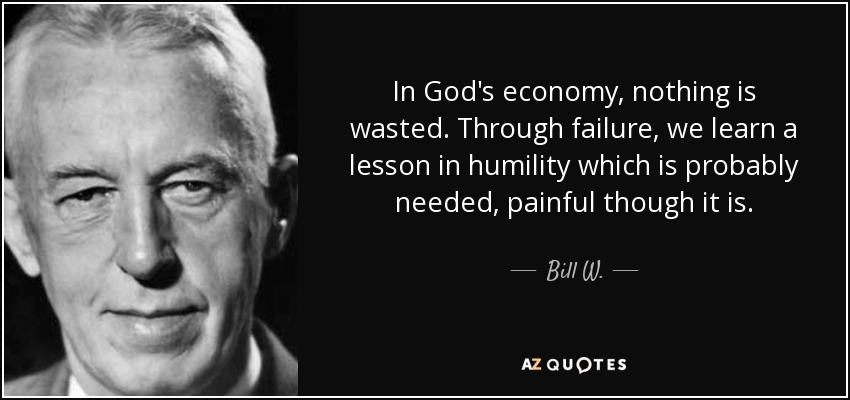
Slowing Down Our Lives
There are a few good books I’ve been blessed to come across that have stopped me dead in my tracks and taken me out of “the grind” long enough to delve into the part of my psyche that needs to be heard.
For most of us, the inner self that doesn’t get much play time, but is always clambering for attention whether or not we listen.
The problem is, of course, the longer you ignore, deny, and disregard that inner voice, the deeper you can sink into that feeling of despair.
No one enjoys that feeling of stunted growth – you wouldn’t treat your own child this way – ignoring them and leaving them to starve in the back of your closet, yet we willingly do this to ourselves. We unknowingly leave ourselves unfed, unloved.
How do we get back?
How do we get back to our desires that we know are there? How do we quit doing something we hate and move on, through faith — in ourselves and in God to direct us — to get back to what we most want to be doing? How do we make time and space to lean into those inner passions and desires which God has placed in us – deep down inside?
Psalm 37:4 says, “Take delight in the LORD, and he will give you the desires of your heart.”
For me, the desires of my heart led me slowly away from being a public relations consultant, back toward more authentic writing, with a side of music. Getting to this point, however, took lots of introspection and slowing down. It is still a process as I navigate and do the hard work of becoming an author.
If you speak with artists and musicians about the creative process, many of them will often talk about ‘living lite’ or creating a life that has some freedom and margin in it. Most people can’t create when their backs are pressed up against the wall to produce, earn, or have every moment of their lives scheduled.
Slowing one’s life down is key.
Finding Your Way

I asked her if I could take the book with me back to my home in California. The book pretty much changed my life and helped me hear the voices of so many of my desires that I had buried deep in a closet while I chased the itineraries of my scheduled life. While I never gave up personal writing, poetry, and songwriting, the book became a tool that gave me the strength to start heading in the direction where I originally began.
It’s never too late to make a change. It’s never too late to shift; to adjust; to morph. People do it all the time. There’s no reason to stay stuck or to lose hope. Ad the old unknown adage says, “It’s never too late to live happily ever after.”

It’s not easy, but you will never regret changing the inertia of your life for the better.
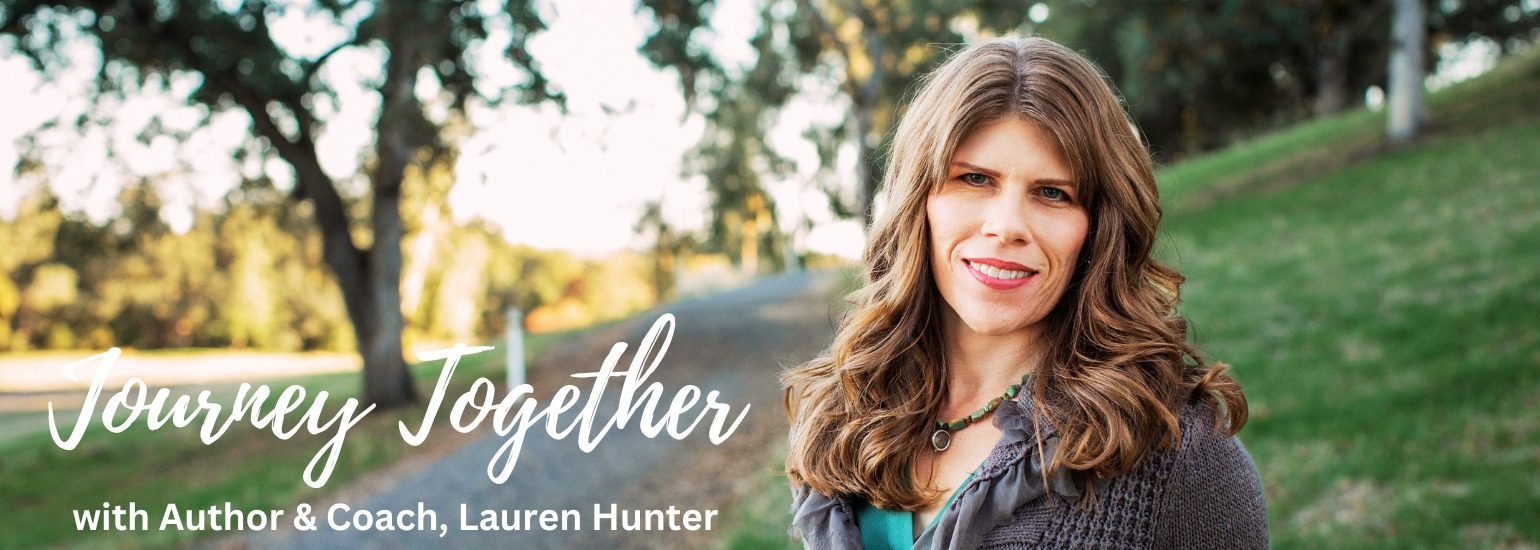
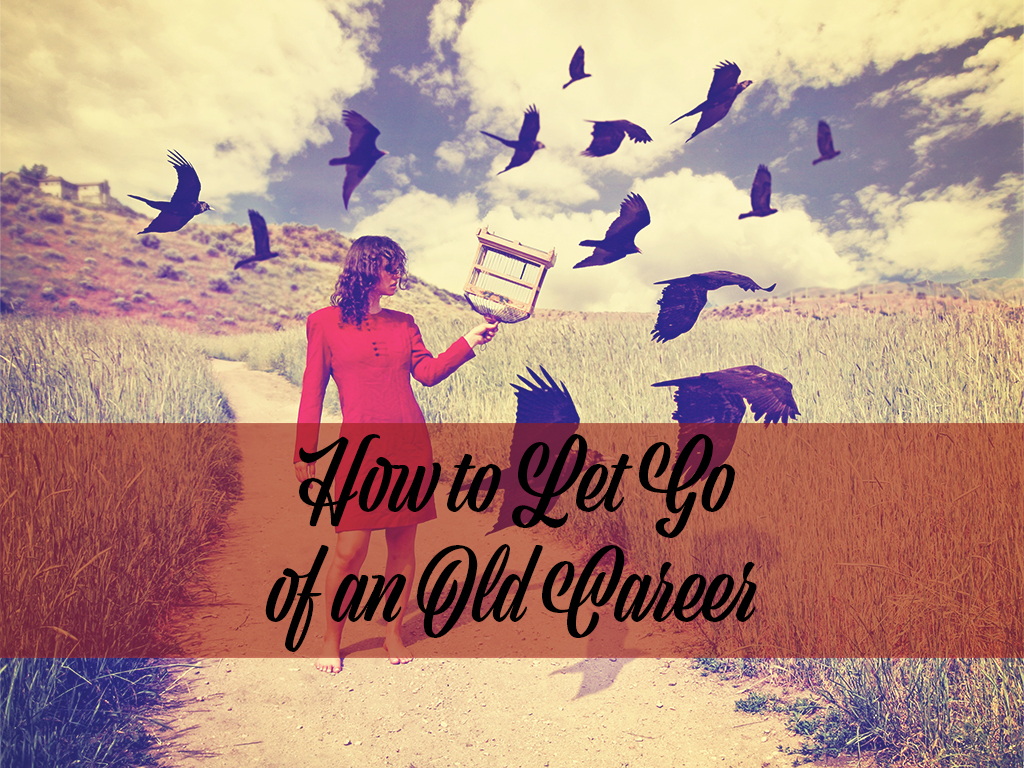

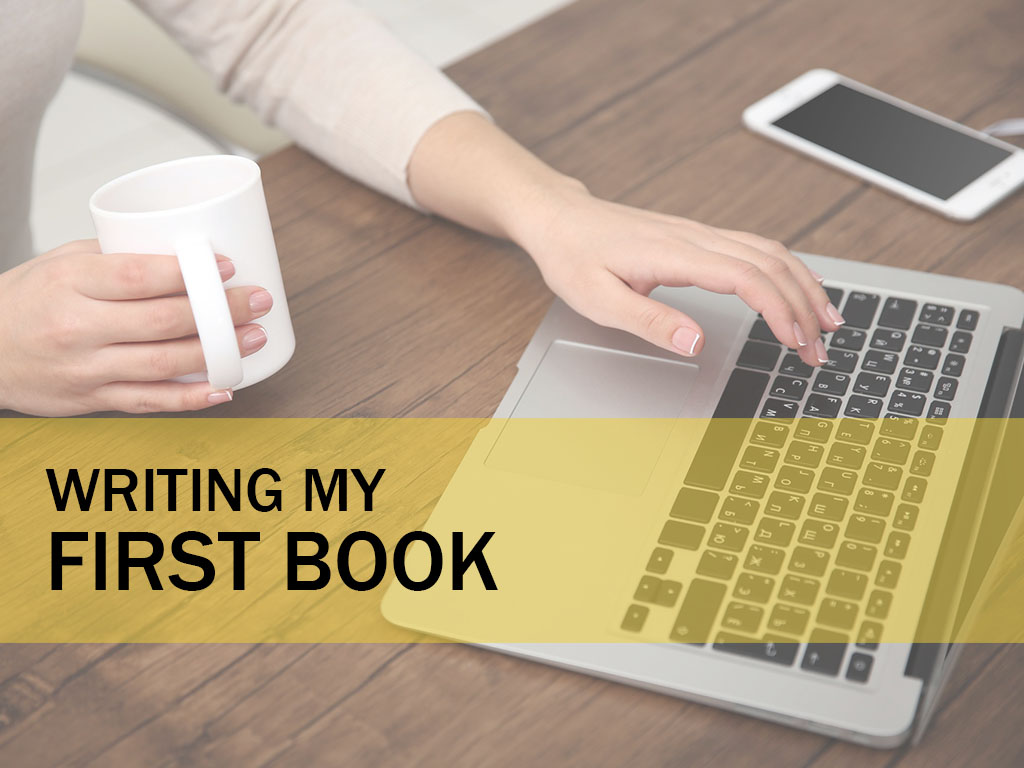
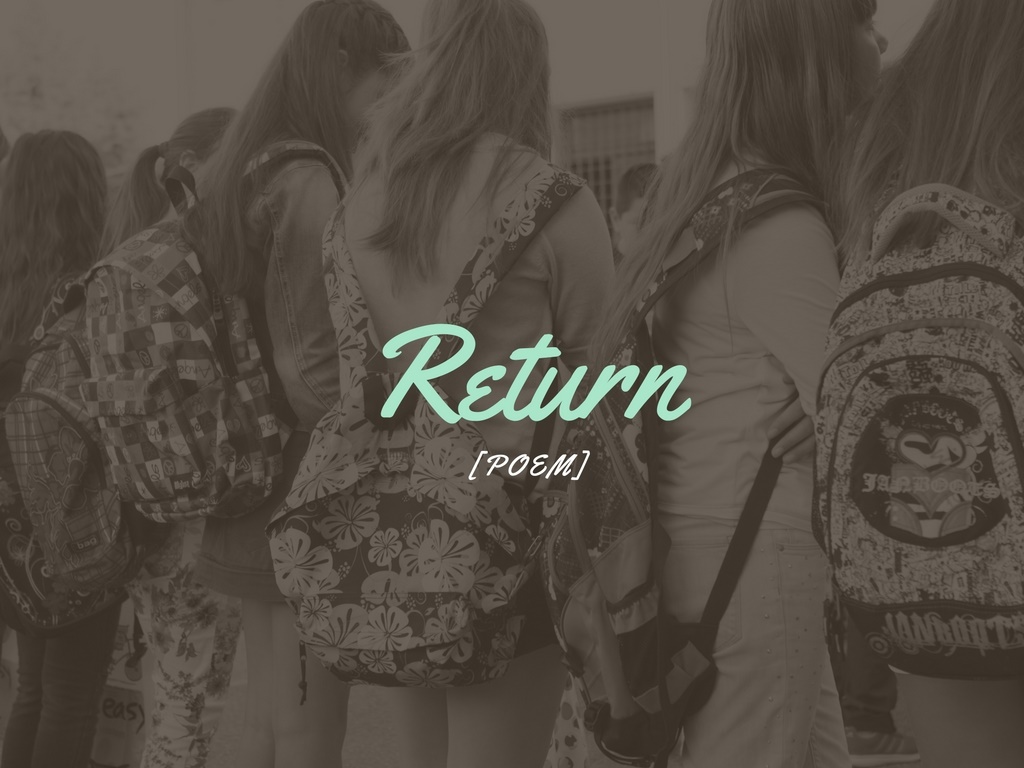

[…] him to grown and become a man. Other wiser parents who had gone before me had shared that when the growth and maturation from boy to man takes off, I should hang on and try to savor the […]